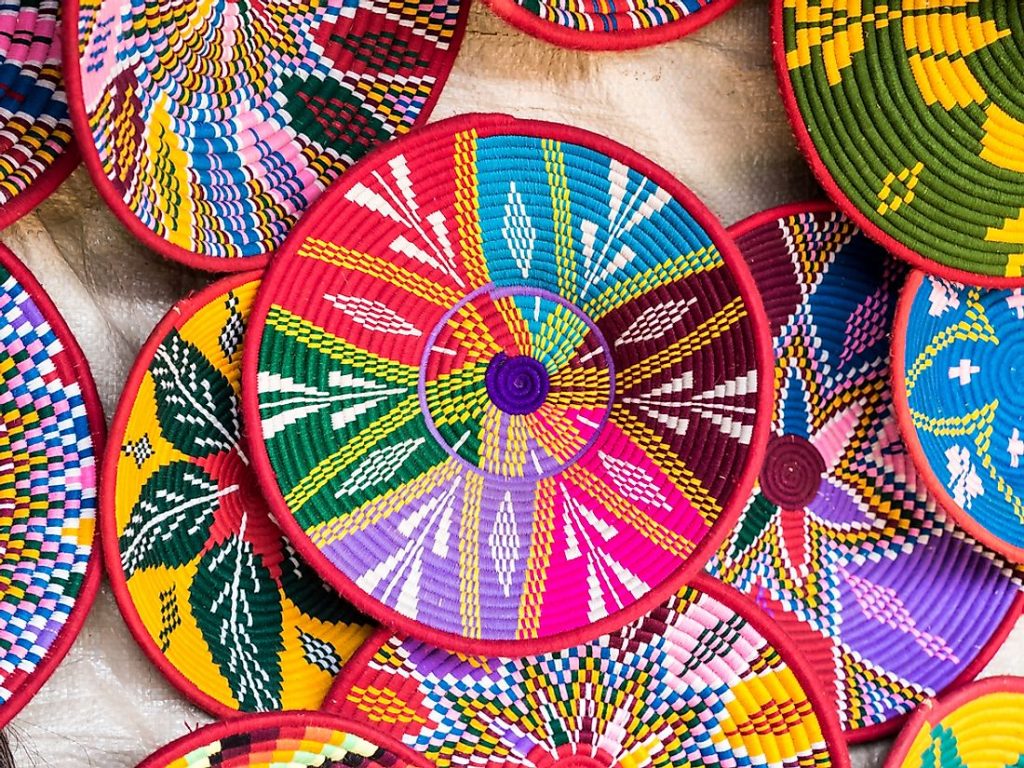NFTs are gaining prominence all over the world, as earlier reported this week, fashion and luxury brand Dolce and Gabanna have utilized the platform, now the same may be used as a comfort for victims of hunger in Ethiopia.

The World Food Program, the International Rescue Committee, UNICEF, and Save the Children will all get proceeds from the NFT sales, according to a statement made on July 13, 2021.
Save Tigray’s Mirna Saraswati also describes how the organization came to the decision to raise funds through the selling of NFTs in the announcement. Saraswati elucidated the situation:
Last year we planned to create NFTs from Fair Trade Art created by women from Tigray. But the advent of the war in November put an end to those plans. So instead, we are making NFTs based on interpreted photos of the tragedy. We will sell them on our NFT marketplace and donate the proceeds equally to four groups.
A violent battle between Ethiopian government forces and Tigray rebels erupted in early November 2020. Since then, the fighting, which has drawn in forces from neighbouring Eritrea, has put 1.8 million people on the verge of starvation. UNICEF estimates that tens of thousands of people have already died as a result of this violence.
NFTs that save energy
Meanwhile, Save Tigray’s organizers claim they want to “use the Tigray initiative as a prototype so that they can subsequently build comparable projects to combat climate change, racial injustice, sickness, and other concerns.”
“We’ve figured out how to handle the largest issue they have, which is energy consumption. Our platform consumes ten times less energy than traditional Ethereum-based platforms.”
Partridge noted that, like any NFT, the provenance of each operation can be easily traced via the blockchain. As a result, “buyers can continue to use each image to generate more money for the cause if they so choose,” and the NFTs will get royalties each time they are sold, allowing them to “fundraise indefinitely.”
According to Partridge, in addition to using NFTs to draw attention to Tigray’s dire circumstances, the NGO is launching a public awareness campaign to raise awareness of the starvation and quasi-genocide there.
“As much as we want to help the victims, we also want to get the word out to millions of people. The Ethiopian government has indicated that relief flights from the capital can begin, although no authorisation has yet been granted. They may be compelled to act by public outcry.”
